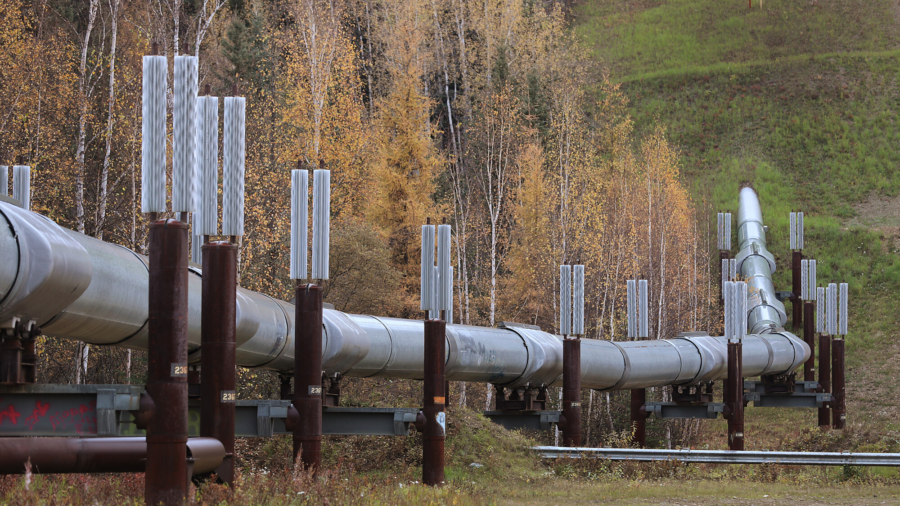The Biden administration is being sued by an Alaskan state agency over its decision to cancel oil and gas leases on Alaska’s North Slope.
Filed in a federal court in Washington on Oct. 18, the lawsuit challenges the U.S. Interior Department’s Sept. 6 decision to scrap seven oil and gas leases in Alaska’s 19-million-acre (7.7-million-hectare) Arctic National Wildlife Refuge.
The area, which is one of the country’s largest reserves of pristine federal land, is also home to multiple protected animal species, such as grizzly and polar bears, snowy owls, and herds of caribou.
Before they were cancelled, the leases were previously held by the Alaska Industrial Development and Export Authority (AIDEA). The AIDEA is now asking the U.S. District Court for the District of Columbia to restore the leases, as the Authority claims the federal government’s decision violates a clear Congressional mandate in a 2017 tax bill to open up the Arctic to drilling.
According to the Republican Governor of Alaska Mike Dunleavy, it boils down to an attempt by the Biden administration to strip away the state’s autonomy.
“The federal government is determined to strip away Alaska’s ability to support itself, and we have got to stop it,” he said in a statement.
The cancelled leases were sold toward the end of the Trump administration. Prior to this, Alaskan officials had engaged in a decades-long effort to allow drilling in the refuge, which they believed would have stimulated the local economy.
The state agency subsequently emerged as the sole bidder for the majority of the land. Major oil and gas companies decided to skip the sale in 2020, which generated just over $14 million.
This, however, was far below the estimated $1.8 billion in bids that a 2019 Congressional Budget Office report said could be brought in through two auctions in the refuge over a decade.
Despite the refuge’s coastal plain containing almost 12 billion barrels of oil, there is no infrastructure to support its extraction, which likely stifled interest from drilling companies. Other factors included oil market volatility, risks from legal challenges, and political uncertainty about the future of any leases.
Two other entities won leases at the 2020 sale, but withdrew from their holdings in 2022.
The Interior Department said last month that the remaining seven leases were cancelled as a result of serious flaws in the previous administration’s lease sale. The flaws allegedly pertained to climate change impacts from oil and gas drilling on the North Slope.
According to the lawsuit filed by the AIDEA, however, these reasons were unjustified, as the 2017 tax law did not give the agency discretion to avoid those impacts by declining to issue leases.
Reuters contributed to this article.

